Learn Triangles and Their Properties
- Intermediate
- 12 hours
- 11-15 Years
-
 Online Classes (Group)
Online Classes (Group)
 INR 2100.00 Monthly
INR 2100.00 Monthly

Sanjeev Singh
India |
(1 vote)
Curriculum Details:
Lesson Name: Triangle
Lesson's Highlights:
- Similarity of Triangles
- AAA (Angle-Angle-Angle)
- SSS (Side-Side-Side)
- SAS (Side-Angle-Side)
- Properties of Similar Triangles
- Area of Similar Triangles
- Thales Theorem
Lessons schedule: Monday, Wednesday & Friday
Learn Web Development: HTML, CSS & JavaScript Through Building Projects
- Beginner
- 48 hours
- 11-18 Years
-
 Online Classes (1-to-1)
Online Classes (1-to-1)
 INR 1200.00 Per Lesson
INR 1200.00 Per Lesson

Riya UT
India |
(1 vote)
Build beautiful, functional websites from scratch in this hands-on, beginner-friendly course. You'll learn HTML, CSS, and JavaScript step by step, mastering page structure, styling, interactivity, layout design, and hosting. Through mini and major projects, you'll gain real-world experience and confidence to launch your websites.
Course Structure
- Front-End Development (HTML
- CSS
- JavaScript
- Projects & Hosting)HTML
- CSS
- JavaScript
- Website Layouts
- Forms
- Flexbox
- Media & Graphics
- DOM
- Validation
- Debugging
- Hosting
- Mini & Major Projects
Let's Learn About Coding: Minecraft Education Edition Style
- Beginner
- 60 minutes
- 6-15 Years
-
 Online Classes (1-to-1)
Online Classes (1-to-1)
 INR 2000.00 Per Lesson
INR 2000.00 Per Lesson

Felicia Westerlund
United States |
(1 vote)
In this class, we will open a demo lesson in Minecraft Education Edition. You will not need to pay for any license, and you do not need to log in with any account.
- Before class, please install the application from https://education.minecraft.net/en-us/get-started/download as soon as possible.
- To install this, you will need a PC with Windows 10+ or a Mac with macOS 10.13+. It is also available for iPad, only if you can join the classroom and share the iPad screen.
- You must install the game on the same computer or tablet that you use to join the class.
When we begin, you will first join the Peercamp class, then open the Minecraft game, then share your screen, and I will guide you through your login and world setup.
This is a single class. Each time you take this class, you will start from the beginning. You can repeat the class until the whole lesson can be completed with speed and mastery during one class period. Scaffolding and modeling will be used to support your journey.
Curriculum Structure :
Lesson Name: HOUR OF CODE: A MINECRAFT TALE OF TWO VILLAGES
Lesson's Highlights: Use basic coding concepts to bring two villages together in this Hour of Code lesson in Minecraft Education. Players will experience empathy and compassion for their neighbors, learn about cooperation and inclusion, and practice social-emotional skills.
CODING ACTIVITIES:
Challenge 1: Build a dock. Use your Agent to build a dock at the edge of the shore. It should be 4 blocks wide and 6 blocks long.
Challenge 2: Introduce the ravager to the Villagers. Use your Agent to introduce the ravager to the three Villagers standing near their houses so they can see how gentle these creatures really are.
Challenge 3: Protect the beet farm. Use your Agent to build a protective fence around the farm to keep out whatever is stealing the beets.
Challenge 4: Prepare the field for farming. Use your Agent to teach them how to till this block of land.
Challenge 5: Help the kids get their ball. Use your Agent to move up the wall and press the buttons along the way to get the Villager’s elevator working so it can bring down the ball.
Challenge 6: Build a motorized railway. Use your Agent to build a motorized railway so that Villagers can go up the hill to participate in the fair.
All 6 challenges can be completed in 30 minutes if the student is fluent in block coding.

Dr. Sunita Hanumanthu
|
No votes yet
This video offers a comprehensive and visually engaging explanation of the Light Reaction in photosynthesis, covering essential subtopics like Photosystems (PSI & PSII), Electron Transport System (ETS), Electron Carriers, ATP & NADPH₂ Formation, and Cyclic & Non-Cyclic Photophosphorylation. Designed for NEET, AIIMS, JIPMER, and other medical entrance exams, as well as students of botany, biotechnology, and related biological sciences, this video simplifies complex processes with step-by-step explanations and visuals, ensuring effective learning and retention.
Light- Reflection and Refraction
- All Levels
- 50 minutes
- 11-18 Years
-
 Online Classes (Group)
Online Classes (Group)
 INR 1200.00 Monthly
INR 1200.00 Monthly

Ankit Singh
India |
(1 vote)
Topics to be Covered:
- Reflection of Light
🔹Laws of Reflection
🔹Plane Mirror and its characteristics
🔹Regular and Diffused Reflection - Spherical Mirrors
🔹Concave and Convex Mirrors
🔹Image formation by spherical mirrors
🔹Uses of concave and convex mirrors
🔹Mirror Formula and Magnification - Refraction of Light
🔹Laws of Refraction
🔹Refraction through a glass slab
🔹Refractive Index - Lenses
🔹Convex and Concave Lenses
🔹Image formation by lenses
🔹Lens Formula and Magnification
🔹Power of a Lens
Lessons schedule- Duration of each lesson will be 45- 50 minutes
Time : 7:00 pm-8:00 pm
Magnetic Effect Of Electric Current
- All Levels
- 3 hours
- 11-18 Years
-
 Online Classes (1-to-1)
Online Classes (1-to-1)
 INR 1200.00 Monthly
INR 1200.00 Monthly

Ankit Singh
India |
(1 vote)
Curriculum Structure: Magnetic Effects of Electric Current
- Relationship Between Electricity and Magnetism
🔹Explanation of how electricity and magnetism are related
- Magnetic Field Produced by Electric Current
🔹Introduction to the concept of a magnetic field
🔹Oersted’s experiment
- Understanding Magnetic Fields
🔹Magnetic field lines
🔹Right-hand thumb rule
- Magnetic Field Due to a Current-Carrying Conductor
🔹Magnetic field around a straight wire
🔹Magnetic field in a circular loop
🔹Magnetic field in a solenoid
- Working of an Electric Motor
🔹Explanation and functioning of an electric motor
- Electromagnetic Induction
🔹Introduction to electromagnetic induction
🔹Working of an electric generator
- Types of Current
🔹Difference between AC (Alternating Current) and DC (Direct Current)
🔹Practical uses of AC and DC
Master C++ the OOP Way: Build Real-World Projects with Object-Oriented Programming
- All Levels
- 1 hour
- 11-18 Years
-
 Online Classes (Group)
Online Classes (Group)
 INR 10000.00 Monthly
INR 10000.00 Monthly

Varun Rawat
India |
(1 vote)
Lesson Name: Object-oriented programming
Object-oriented programming (OOP) is a programming paradigm centred around the concept of "objects," which are instances of classes. These objects can contain both data, in the form of fields or attributes, and code, in the form of methods. OOP languages are designed to make it easier to manage and structure complex programs by organising them into reusable and modular components. The main principles of object-oriented programming include encapsulation, which hides the internal state of objects; inheritance, which allows classes to inherit properties and methods from other classes; polymorphism, which enables objects to behave differently based on their context; and abstraction, which simplifies complexity by focusing on essential features. Popular object-oriented programming languages include Java, C++, Python, C#, Ruby, and Swift. These languages are widely used across various domains such as web development, game development, mobile apps, and enterprise software due to their ability to promote code reuse, scalability, and maintainability.
Master Chess – Fun & Interactive Coaching for All Levels
- All Levels
- 1 hour
- 11-18 Years
-
 Online Classes (1-to-1)
Online Classes (1-to-1)
 INR 2000.00 Per Lesson
INR 2000.00 Per Lesson

Harshal Patil
India |
(1 vote)
Individualized chess strategy and training sessions designed to improve your game through personalized coaching. Available online, focusing on tactical awareness, strategic thinking, and competitive play development.
Lesson Structure:
Complete 8-Lesson Chess Curriculum
- Lesson 1: Chess Basics - Board setup and piece movements.
- Lesson 2: Opening Principles - Control Center, Develop Pieces.
- Lesson 3: Tactics Training - Forks, pins, skewers.
- Lesson 4: Positional Play - Pawn structure, piece placement.
- Lesson 5: Endgame Techniques - King and pawn endings.
- Lesson 6: Strategy Deep Dive - Long-term planning.
- Lesson 7: Practical Play - Game simulations.
- Lesson 8: Game Analysis - Review and improve.
Master Integers with Step-by-Step Lessons – Learn with Confidence
- All Levels
- 10 hours
- 6-15 Years
-
 Online Classes (1-to-1)
Online Classes (1-to-1)
 INR 400.00 Per Lesson
INR 400.00 Per Lesson

Ekta Maurya
India |
(1 vote)
Are integers confusing? You're not alone—and you're in the right place!
This course will help you fully understand integers using real-life examples, simple explanations, and guided practice. Whether you're just starting or need to strengthen your basics, this is your all-in-one learning experience for mastering integers.
Course Structure:
Lesson 1: Introduction to Integers
- What are integers? Understanding positive & negative numbers, real-life examples
Lesson 2: Representing Integers on a Number Line
- Plotting positive/negative integers on a number line, understanding opposites, and zero’s role
Lesson 3: Comparing and Ordering Integers
- Using number lines and inequality signs to compare integers
Lesson 4: Absolute Value of Integers
- Understanding distance from zero, solving problems with absolute values
Lesson 5: Adding Integers
- Rules for addition using number lines and patterns
Lesson 6: Subtracting Integers
- Rules for subtraction and relationship to addition
Lesson 7: Multiplying Integers
- Signs, rules, why two negatives make a positive, patterns
Lesson 8: Dividing Integers
- Division rules, dividing negative and positive numbers
Lesson 9: Mixed Operations & Word Problems
- Applying all operations to solve multi-step problems
Lesson 10: Review + Assessment
- Full review of all topics, assessment quiz, doubt clearing 3
Master Magic of Solving Rubik's Cube
- All Levels
- 4 hours 30 minutes
- 11-15 Years
-
 Online Classes (1-to-1)
Online Classes (1-to-1)
 INR 250.00 Per Lesson
INR 250.00 Per Lesson
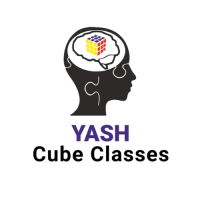
Yash Chaudhary
India |
(1 vote)
Rubik's Cube Secrets
Understand. Solve. Improve.
Course Content:
Section 1:- Introduction
Section 2:- White Cross
Section 3:- White Corners
Section 4:- Middle Layer
Section 5:- Top Layer
Section 6:- Last Layer
Section 7:- Pattern Algorithms
Bonuses:
Algorithm Cheat Sheet
Finger Tricks
Situation Hacks
Pattern Algorithms
Memorization Techniques
Lesson 1: Introduction to cubing terms
- Learn about the types of pieces and faces of the Rubik's Cube
Lesson 2: White Cross
- We will start solving the Rubik's Cube with the white cross.
Lesson 3: White Corners
- We will solve the white corners and complete the first layer.
Lesson 4: Middle Layer
- We will solve the edges in the second layer and complete the second layer. Also, learn about memorization techniques.
Lesson 5: Top Layer Edges
- We will solve the edges in the last layer and learn about situation hacks and finger tricks.
Lesson 6: Finishing the last layer
- We will solve the corners in the last layer and finish solving the complete cube. Also, explore different patterns.
Time: 7 PM - 10 PM (Any 45 mins slot)
Days: Monday to Saturday








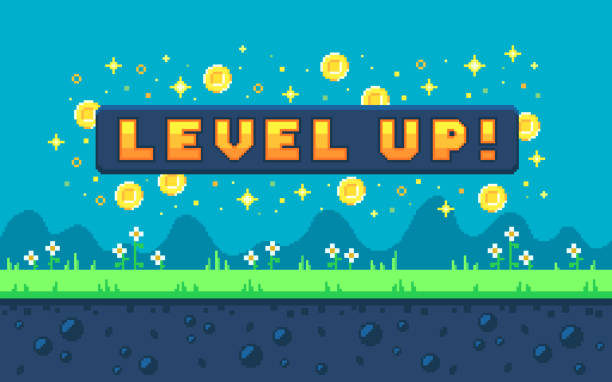

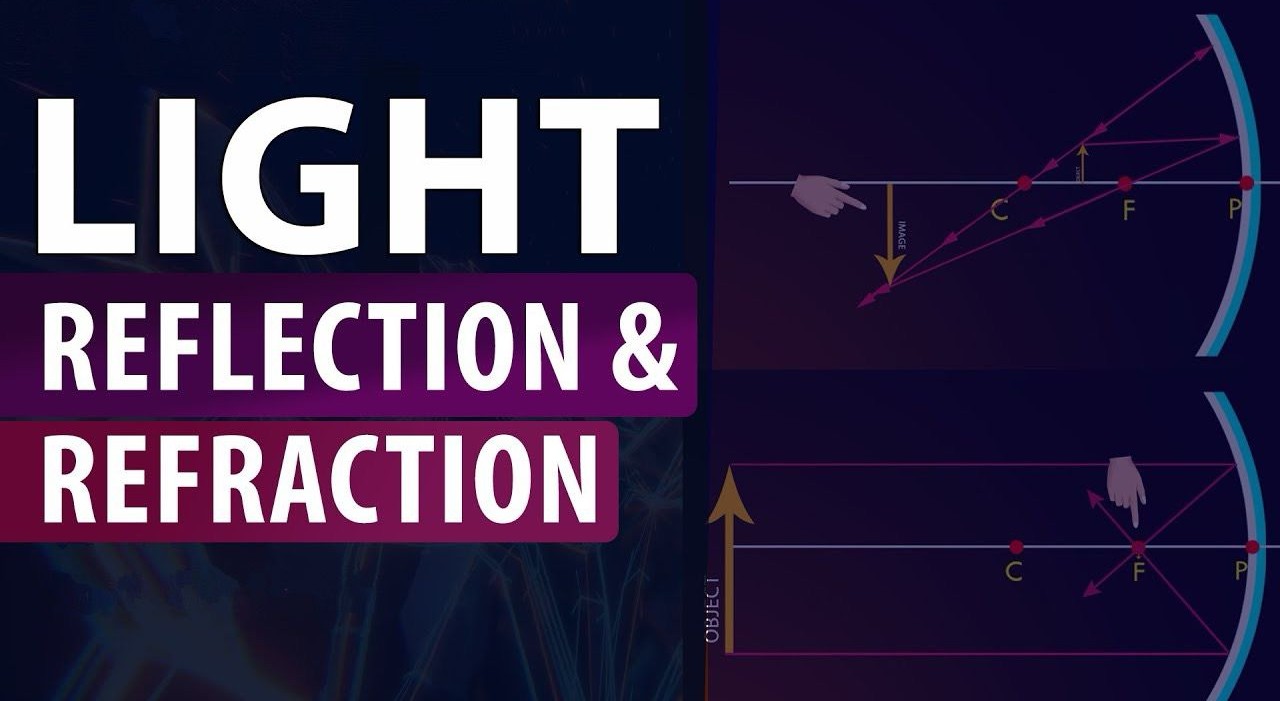




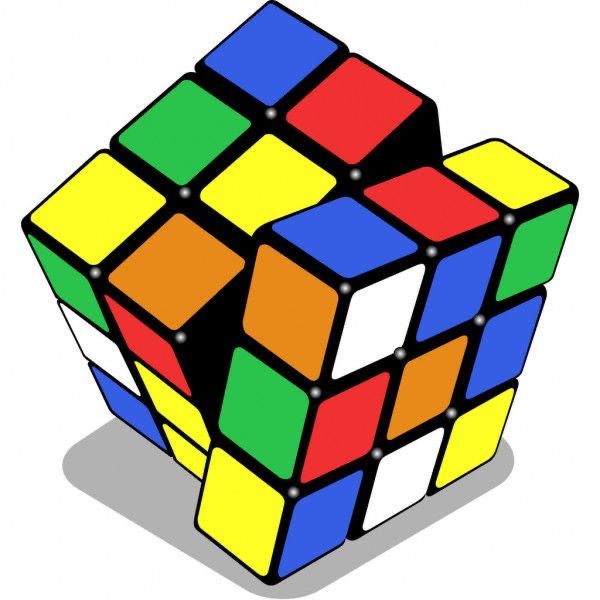
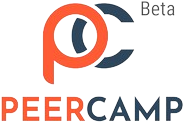
 Academics
Academics Tech Skills
Tech Skills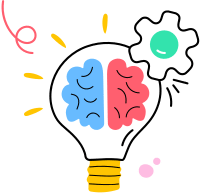 Soft Skills
Soft Skills Hobbies & Wellness
Hobbies & Wellness
